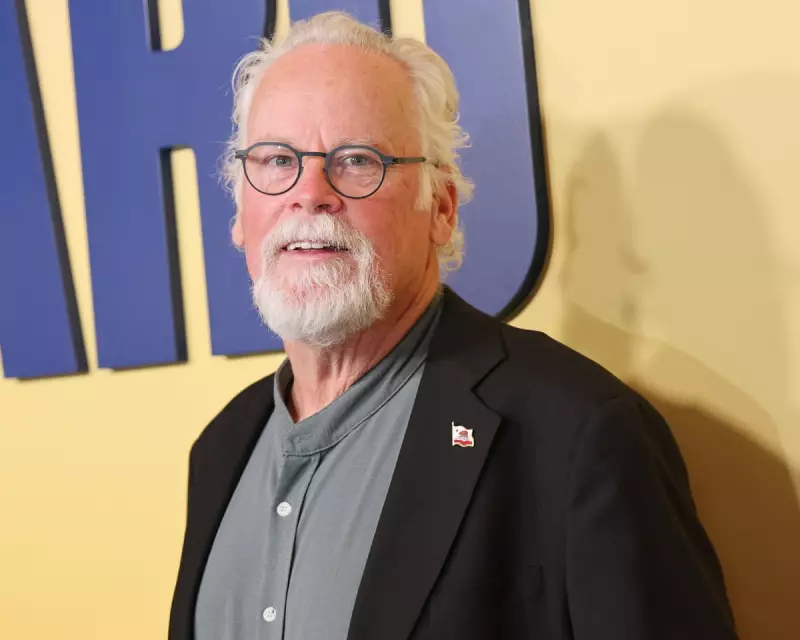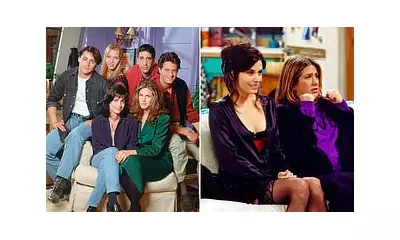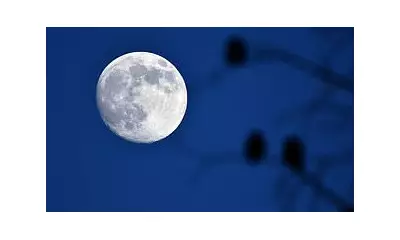
In a dramatic clash between literature and technology, celebrated crime author Michael Connelly has launched legal proceedings against artificial intelligence company Labyrinth, alleging the unauthorised use of his bestselling Lincoln Lawyer series to train their AI systems.
The Unauthorised Training Discovery
The legal battle erupted when Connelly's legal team uncovered evidence that Labyrinth had systematically used digital copies of his Mickey Haller novels, including The Lincoln Lawyer, to develop their artificial intelligence without seeking permission or offering compensation.
"This isn't just about my work - it's about every author's right to control how their creative output is used," Connelly stated in an exclusive interview. "When I create characters like Mickey Haller, I'm building something unique that shouldn't be fed into machines without consent."
The Legal Grounds for Action
The lawsuit, filed in federal court, centres on several critical allegations:
- Direct copyright infringement of Connelly's literary works
- Unauthorised reproduction of protected creative content
- Violation of the author's exclusive rights to derivative works
- Potential damage to future licensing opportunities
Broader Implications for the Publishing Industry
This case represents a watershed moment for authors and publishers grappling with the rapid advancement of AI technology. The outcome could establish crucial precedents for how AI companies source training materials and compensate creators.
"What we're seeing here is the tip of the iceberg," noted publishing industry analyst Sarah Chen. "Every author from debut novelists to household names is watching this case closely. The rules of engagement between creativity and AI are being written right now."
The Author's Stance on Technological Progress
Connelly emphasised that his objection isn't to technological advancement itself, but to the methods employed by AI companies.
"I'm not anti-technology," he clarified. "But there's a right way and a wrong way to do this. The current approach of 'scrape now, ask later' shows complete disregard for the creative process and the years of work authors invest in their craft."
The case continues to develop as both sides prepare their arguments, with the publishing world awaiting a decision that could reshape author rights in the digital age.





